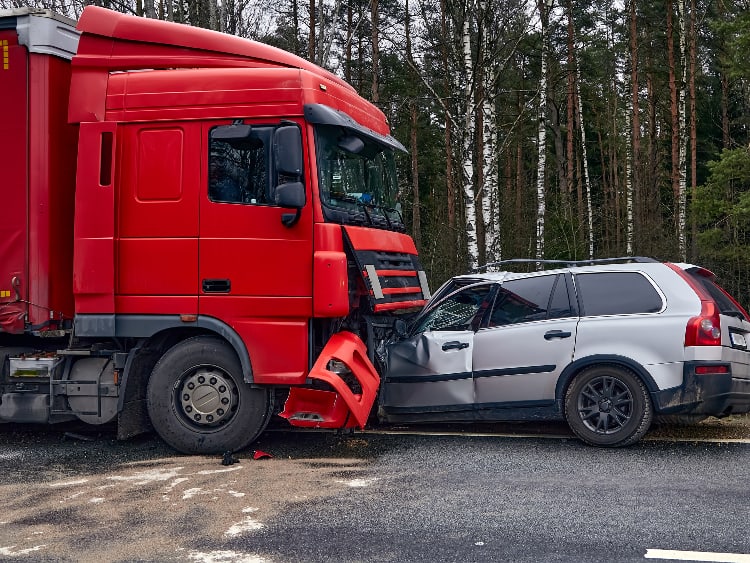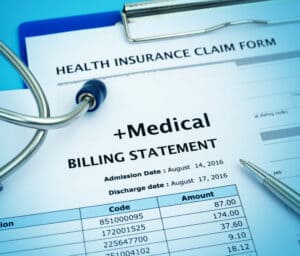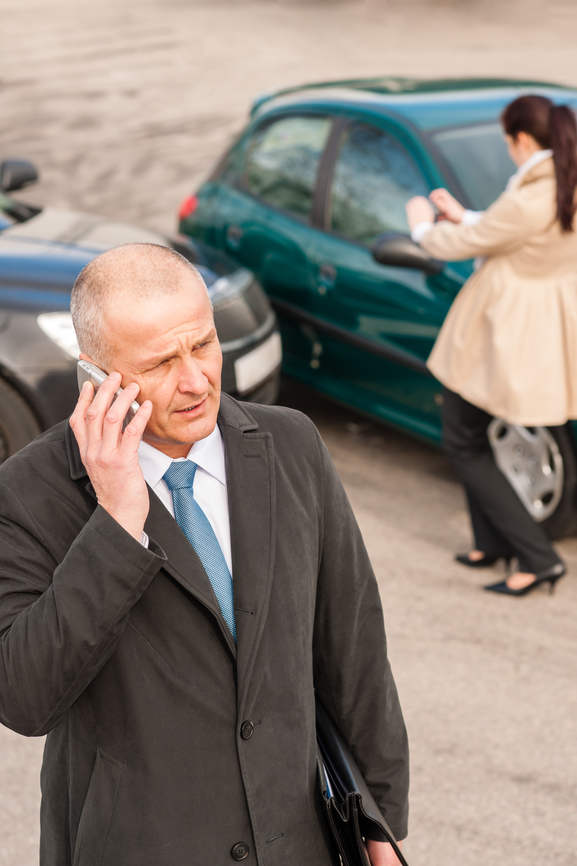Trucking Law: What to Do After a Wreck That Is NOT Your Fault
July 1, 2023
Truck accidents can spark many injuries, losses, and questions, especially for the truckers hurt in these wrecks. In fact, whether you’re an owner-operator or you drive for a motor carrier, you could find yourself:
- Suddenly involved in an 18-wheeler wreck, even if you’ve been cautious and followed all of the rules
- Wondering what happened, who’s at fault, and what you need to do to protect your rights
- Fielding questions and calls from employers or their insurance companies, with little idea of your legal options for recovering compensation
If you know what to do after a crash, however, you can safeguard:
- One or more potential claims, like a workers’ compensation claim and/or a motor vehicle accident (personal injury) claim
- Your reputation and professional driving record, avoiding wrongful fault determinations that can compromise careers in the trucking industry
6 Steps Truckers Should Take After 18-Wheeler Accidents in Texas
You may not be able to do all of this after a truck accident, especially if you’re moderately to severely hurt. That’s OK — just try to do what you can and skip to the last step if you need answers about your legal rights now.
Step 1: Call the police.

- Get victims care ASAP: Police can be some of the first responders to truck accident scenes, helping victims get out of the way of traffic, especially those who are severely injured or trapped in unsafe areas.
- Reroute traffic: If big rig accidents occur in intersections or in the path of traffic, police can divert oncoming vehicles to prevent a follow-up collision.
- Clear wreckage: While police can assist with getting vehicles out of the path of traffic, they can also document what vehicles in the crash needed to be towed, what company towed those vehicles, and where they were taken.
- Document what the crash scene looks like: Police reports can include diagrams that map out where the vehicles were, where the point(s) of damage were, and more.
- Investigate the crash: Officers will talk to the involved parties, recording statements and their own observations. Police investigations can also include photos and more, especially if any traffic (or other) laws may have been violated in the truck wreck.
- Officially document key evidence: Police will typically write up a report for truck accidents if they respond to the scene. These reports detail the investigation’s findings, any citations issued at the scene, and where fault may lie (if police can make a determination regarding fault).
Police reports for Texas truck accidents can be obtained from the Crash Reporting Information System (CRIS), operated by the state Department of Transportation (DOT).
Step 2: Collect information.
If possible, here’s the info to gather from others in the crash:
- Name and contact information
- Driver and vehicle information
- Insurance information
As you do this, consider taking pictures of the following items, which feature the above information (if you’re unable to write it down):
- Drivers’ licenses
- Insurance cards
- Vehicle identification numbers (VINs)
- Vehicle licenses plates
Also, do NOT attempt to exchange information with any party who is:
- Seriously injured and needs emergency medical attention
- Drunk or possibly under the influence of drugs
- Belligerent, angry, or uncooperative
- Attempting to flee the scene
Police can get the information you need, documenting it in their police report, if you encounter any of the above after a big rig accident.
Step 3: Gather evidence.
You never know what could be helpful, so try to gather as much from the crash site as possible. You can do this while you wait for the police to investigate the wreck and give you the green light to leave.
As you do, here’s what you’ll want to obtain if you can:
- Truck accident photos: Take pictures of the damage to your truck and personal property. Then, snap photos of visible injuries, damage to other vehicles, debris at the scene, and any damage to surrounding road features. any other involved vehicles and any surrounding road features. Finally, try to also take pictures of weather conditions, road conditions, and the accident scene as a “whole” (like a panoramic shot if you can).
- Crash scene videos: Record videos of the accident scene. While you can record interactions with other parties, you can also record what was generally going on at the scene at various points during the investigation.
- Witnesses statements: If there are witnesses at the scene, try to get their information and a brief statement of what they saw. Remember, witnesses can come forward after a wreck happens; that’s one reason why it’s important to get a copy of the police report for the crash.
- Debris: Items that have come off of vehicles, damaged personal property, and other debris may also be key evidence later. If you do pick up debris, try to take a picture first so that you can document where it was found (and how far away from the crash site it was located).
Step 4: Never admit fault.
Do NOT say “sorry” or acknowledge you may have been at fault for an 18-wheeler accident. This is crucial because your words can be used to blame you for the crash even if you were not really at fault. In fact, this could occur when speaking to parties like (but not limited to):
- Police officers
- Other motorists
- Accidents witnesses
- Insurance companies
Depending on the circumstances, part or full fault for a truck wreck could be placed on you if you apologize or admit fault, even accidentally, to one of the above parties.
Remember, however, issues of fault usually:
- Do NOT impact a trucker’s workers’ compensation claim: Employees of motor carriers may be eligible to file a workers’ compensation claim, regardless of fault for the 18-wheeler crash.
- Matter in personal injury cases: Admissions of fault can be used to reduce or deny these claims. In fact, insurance companies tend to lean into fault admissions, even if there’s other evidence showing the admissions are false, because it can give them a way to try to reduce or avoid paying compensation to victims.
Step 5: Keep your records.

- Police reports
- Medical bills
- Earnings statements
- Trucker driving logs
- Trucker driving schedules
- Motor carrier handbooks
- Vehicle maintenance records
- Health certifications and fitness test records
- Drug screening results
- Training records
- Anything sent by an insurance company after the crash
If possible, try to create a backup copy of paper records, scanning or taking pictures of these documents. That can make the readily available wherever you need them and prevent total loss of the evidence if the paper records are damaged, lost, or destroyed before the claim has been resolved.
Step 6: Talk to a truck accident lawyer.
You could have more than one way to recover truck accident compensation — and if you have even one viable claim:
- There’s not a lot of time to take action and pursue justice.
- You could have a stronger case if you get a truck accident attorney involved sooner, rather than later.
- An attorney can help you bring one or more claims, advising you at every step.
The truth is that few parties are looking out for you after an 18-wheeler accident happens. Motor carriers are protecting their interest, insurance companies are focused on their bottom line, and you could be at a disadvantage if you don’t have an experienced truck accident attorney in your corner.

